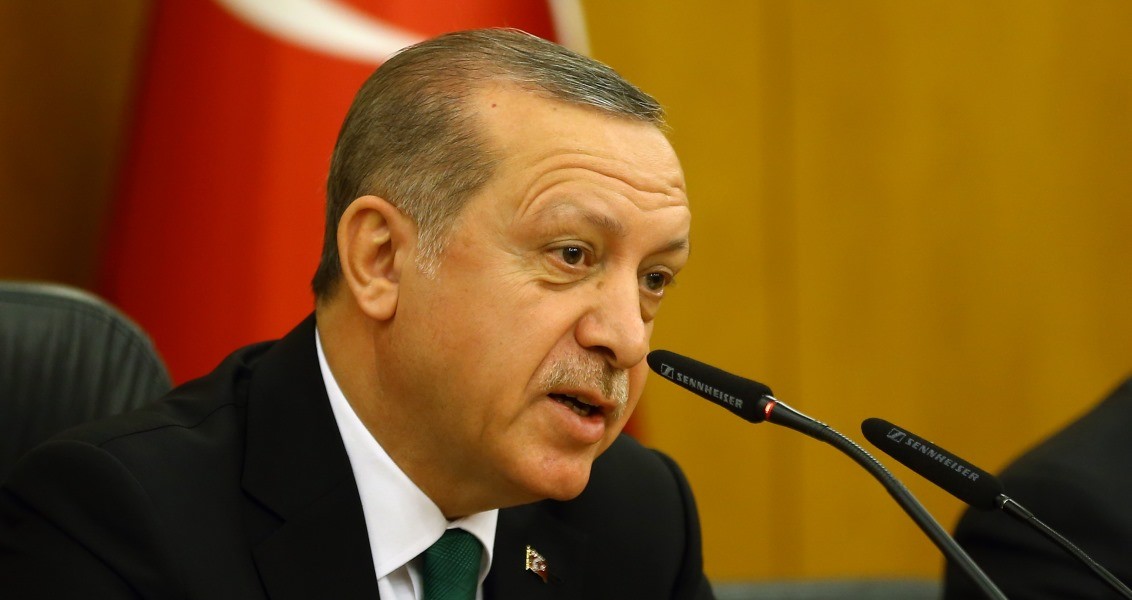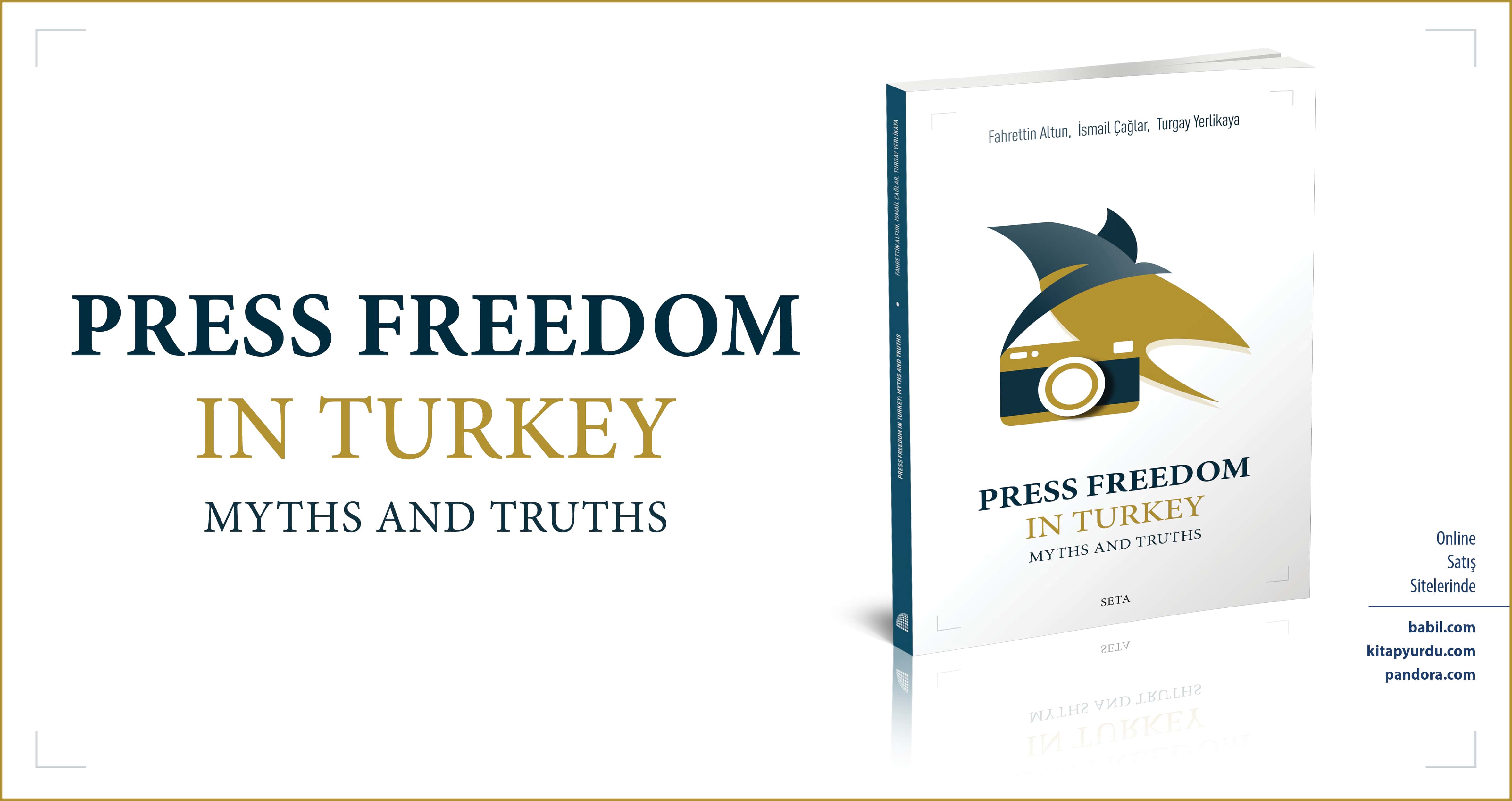When the global economic system entered into the era of accelerated integration, finance was distinguished as the most critical area which could provide novel investment and funding opportunities for developing countries, along with systemic risks of speculative attacks. Perhaps the most important caveat of financial globalization, camouflaged behind the neoliberal rhetoric, was the galvanization of the systemic influence of financial oligapolies. In this vein, as developing countries liberalized their financial regimes, a handful of credit rating agencies formed a professional oligapoly that became crystallized as gatekeepers of international flows, indirectly interfering with the remit of governance institutions such as the IMF.
However, crosscutting interests between major investors and the rating agencies, led by the big three (Moody's, Standard and Poor's and Fitch), triggered situations whereby rating agencies produced selective information and systematically failed to accomplish their functions. The Asian financial crisis was one of the major test cases during which countries with impeccable credit ratings plunged into the crisis without any prior warning. The global financial crisis was even worse because most of the corporate actors operating in the U.S. sub-prime mortgage market was supported by artificially high credit ratings. Likewise, members of the EU which became victims of the Euro crisis, i.e. Portugal, Spain, Italy and Greece enjoyed high credit ratings despite their fragile economic fundamentals.
This background information must be illuminating as we enter another season of credit rating announcements. As I write this column Fitch was about to announce its decision on Turkey's credit rating, which would be followed by Standard & Poor's on Nov. 21and Moody's on Dec. 5. Current conventional wisdom indicates that national economies that maintain a fit for investment rating from at least two main agencies find it easier to attract long-term investors and lower interest rates in public borrowing. Especially for countries like Turkey, which experience a current account deficit, maintaining the influx of cheap and abundant financial funds acquire a strategic significance. Moreover, unjustified threats towards rating reductions are taken as a matter of national interest and technically camouflaged political interventions aimed at foreign policy approaches. When we consider credit ratings that keep a regional power such as Turkey at par with Namibia, Bulgaria, Morocco and the Philippines, this perception becomes understandable. Also important is the fact that the reduction of interest payments from 43 percent to 12 percent of the GDP constituted the backbone of Turkey's economic and political ascendancy in the last decade.
As commercial institutions, credit rating agencies tend to follow a policy of "following the market" in industrialized economies and "leading the market" in the case of emerging economies. Their attitude towards Turkey, which carries the seeds of unjustified alarmism, constitutes a form of leading the market in a negative direction by pumping a psychology of economic deterioration and crisis that could place an upward pressure on interest rates and damage the perception of stability.
Whatever the rating decisions on Turkey, it is essential that, as the next president of the G-20, Turkey brings the issue of the objectivity of rating agencies onto the global agenda. In a world of intensive financial integration credit ratings for countries and companies must be roughly objective so that market actors can make their choices on the basis of sound information. Turkey could push for the standardization of evaluation criteria, methodology and organizational framework under an umbrella institution such as the IMF or G-20. Domestically speaking, the strategic issue in the long term must be increasing the level of domestic savings and financing economic growth with endogenous sources so that the influx of international funds and decisions of rating agencies lose the








